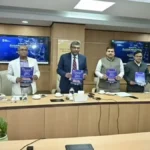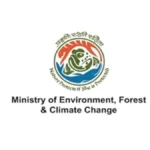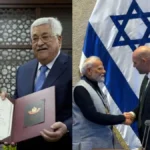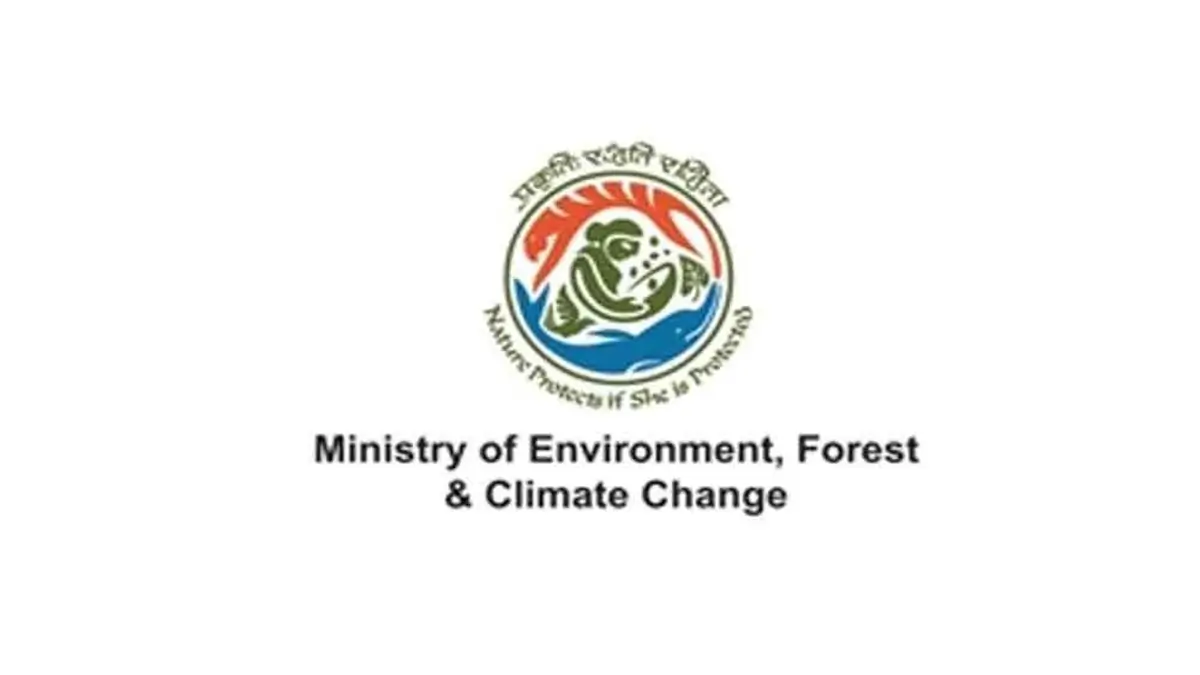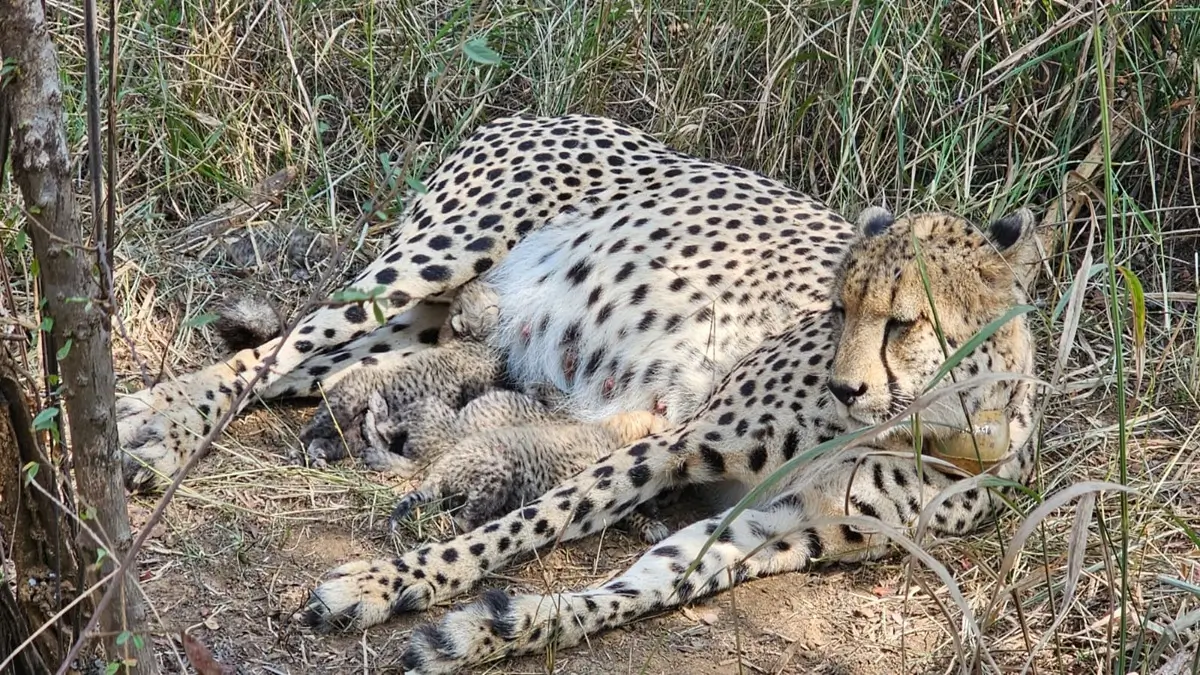Ghana Becomes First Country to Approve Oxford Malaria Vaccine for Children
Ghana has become the first country in the world to approve the Oxford-AstraZeneca’s malaria vaccine for children under the age of five. The approval has been granted by Ghana’s drug regulatory body, the Food and Drugs Authority (FDA). This malaria vaccine is called “RTS,S” and has been under development for over 30 years.
The vaccine has been recommended by the World Health Organization (WHO) for use in sub-Saharan Africa, where malaria is a significant public health problem. According to WHO, in 2019, there were an estimated 229 million cases of malaria worldwide, with 409,000 deaths.
The vaccine is designed to prevent the most common and deadly form of malaria caused by the Plasmodium falciparum parasite. The vaccine works by triggering an immune response in the body, which then prevents the parasite from infecting the liver and red blood cells.
The approval of the malaria vaccine in Ghana is a significant step forward in the fight against malaria in Africa. Ghana will start using the vaccine in the coming weeks and plans to vaccinate about 600,000 children each year in the targeted regions.
This vaccine will be an important tool to complement existing malaria prevention and control interventions, such as the use of insecticide-treated mosquito nets, indoor residual spraying, and timely access to malaria testing and treatment.

Why this News is Important
Significant progress has been made in the fight against malaria in recent years, but it remains a significant public health problem in many parts of the world, especially in sub-Saharan Africa. The approval of the Oxford-AstraZeneca’s malaria vaccine in Ghana is a significant development that could have far-reaching consequences in the fight against malaria.
Historical Context
Malaria is a life-threatening disease caused by the Plasmodium parasite. It is transmitted to people through the bites of infected mosquitoes. The disease is preventable and treatable, but it remains a significant public health problem in many parts of the world, especially in sub-Saharan Africa. According to the WHO, in 2019, there were an estimated 229 million cases of malaria worldwide, with 409,000 deaths.
Efforts to develop a malaria vaccine have been ongoing for over 30 years. The Oxford-AstraZeneca’s malaria vaccine, also known as “RTS,S,” is the first malaria vaccine to receive regulatory approval for use in children.
Key Takeaways from “Ghana Becomes First Country to Approve Oxford Malaria Vaccine for Children”
| Serial Number | Key Takeaway |
|---|---|
| 1. | Ghana has become the first country in the world to approve the Oxford-AstraZeneca’s malaria vaccine for children under the age of five. |
| 2. | The vaccine has been recommended by the World Health Organization (WHO) for use in sub-Saharan Africa, where malaria is a significant public health problem. |
| 3. | The vaccine is designed to prevent the most common and deadly form of malaria caused by the Plasmodium falciparum parasite. |
| 4. | Ghana will start using the vaccine in the coming weeks and plans to vaccinate about 600,000 children each year in the targeted regions. |
| 5. | The approval of the malaria vaccine in Ghana is a significant step forward in the fight against malaria in Africa and could have far-reaching consequences in the fight against malaria worldwide. |
Important FAQs for Students from this News
Q.1 What is the name of the malaria vaccine approved by Ghana?
A. The malaria vaccine approved by Ghana is called “RTS,S.”
Q.2 Which age group is the vaccine approved for? A. The vaccine is approved for children under the age of five.
Q.3 Which organization recommended the use of this vaccine?
A. The World Health Organization (WHO) recommended the use of this vaccine in sub-Saharan Africa.
Q.4 What is the most common form of malaria that the vaccine is designed to prevent?
A. The vaccine is designed to prevent the most common and deadly form of malaria caused by the Plasmodium falciparum parasite.
Q.5 How many children are expected to be vaccinated in Ghana each year?
A. Ghana plans to vaccinate about 600,000 children each year in the targeted regions.
Some Important Current Affairs Links





